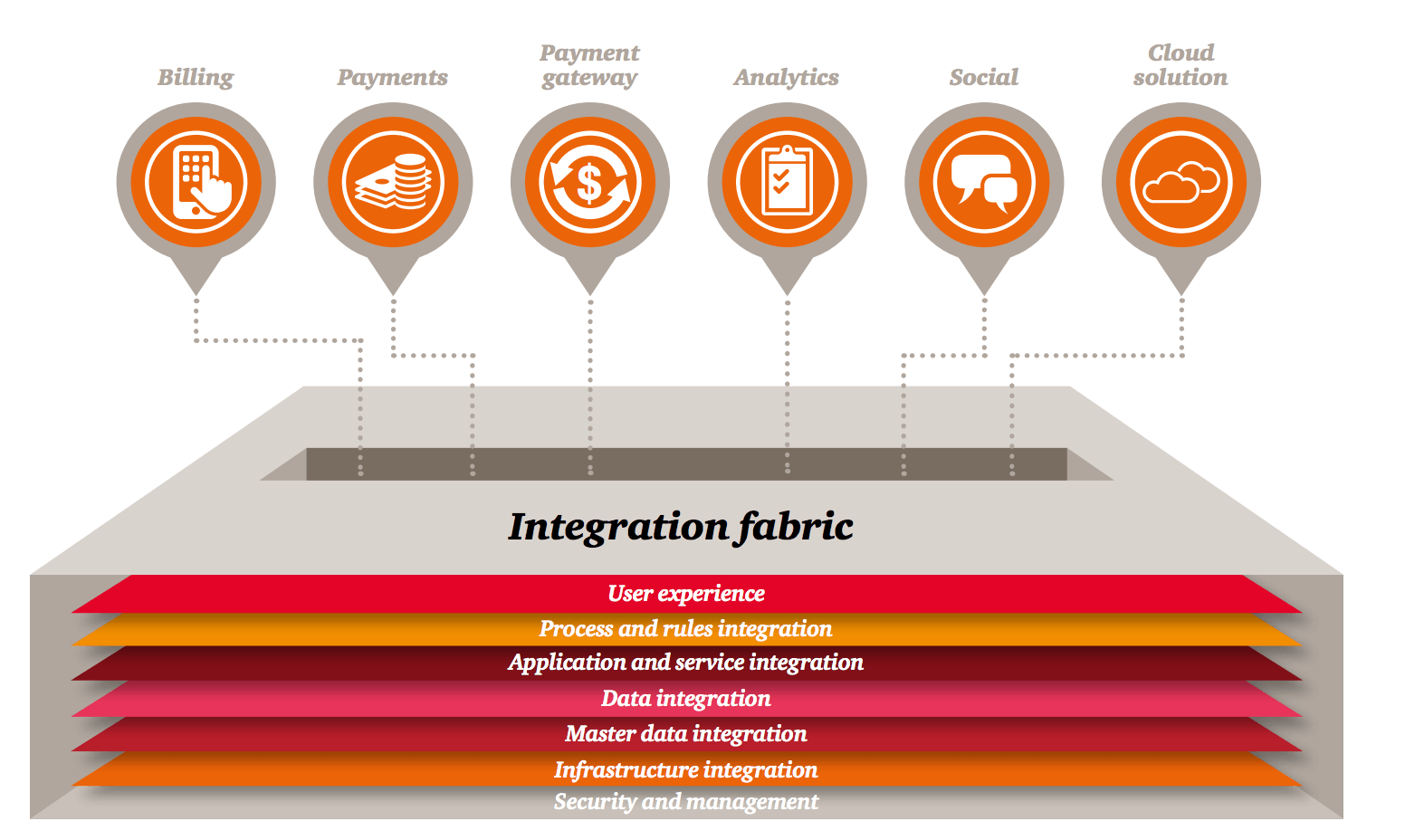
Spaghetti applications could plague and kill finance companies easily. Image credit: Pixabay.
Imagine turning up for work one day, and finding out that a corrupt software patch just wiped out key IT systems.
This could easily happen with “spaghetti applications,” which are common in many companies because they knit together cloud software from multiple vendors. Patches are then added again and again in a cumbersome manner, creating a tangled system that’s a nightmare to maintain.
Say no spaghetti applications
A startup wants to undo the mess. “In one of my business trips abroad, I had the chance to meet a potential client who was interested to switch to Backpack. They had been manually uploading each customer’s data to a shared Google Drive folder. The CRM manager would then download Excel files and use pivoting techniques to match specific data related to compliance and user statistics,” says Yoni Avital, CEO & founder of Backpack.io, an all-in-one back office SaaS Platform for fintech and regtech companies.
Spaghetti apps are unsustainable if you’re dealing with thousands of clients across multiple countries. Financial services such as trading platforms, payment solutions, and banks do not have one platform that consolidates all their front and back-office needs. This results in costly maintenance, lack of scalability, poor customer experience, and the inability to generate consolidated real-time reporting or apply automated processes.
Later, Avital showed the potential client how they could manage their data with Backpack in one single report that pulls out all data in real-time. Backpack’s all-in-one services include CRM, business intelligence, marketing software, real-time reporting, and compliance. Regulatory requirements are translated into technologies that allow for efficient, automated processes.
There was good and bad news – the compliance team’s headcount was reduced from 60 to a lean team of six.
Data trends in fintech
There are still many companies that work inefficiently and delay the inevitable need for a complete system overhaul.
As a result, they’re unable to take full advantage of technology trends like the cloud, peer-to-peer transactions, and cybersecurity.
These trends depend on fast transmission and integration of data – which may not always be possible on legacy banking systems nor siloed cloud applications.

FinTech trends rely on fast transmission and integration of data. Systems need scale and resilience. Image credit: PWC.
Data needs to be brought together in one user-friendly nerve center. “I think a mistake by finance firms is to spend significant amounts of money on IT instead of on their core business and increasing sales,” says Avital. He thinks that most companies ”fall in love” with developing in-house back office customized integrations.
“If you have a techie CEO, he will probably spend too much on building something that may not be robust enough but solves his short-term needs,” Avital says.
Do it or get fined
Constant regulatory updates in the finance world add to the complexity of delivering a robust service. Backpack can help.
“Some regulators allow you to identify people through video calls. Backpack’s chatbot, which is still in the works, can video chat, and match his picture and voice with the database,” adds Avital. “A chatbot allows you to solve the issue without a huge compliance team, and let clients perform quick financial transactions.”
As mobile usage increases, compliance over smartphones creates complexity and opportunity. In response to this challenge, the Backpack team built an adaptive and responsive interface on HTML5 that comes with online ID verification and questionnaire technology.
New regulations are incoming
Firms have no time to lose as poor software architecture may become non-compliant very soon.
Recently, the UK Financial Conduct Authority (FCA) released a document with instructions for trading and investment firms. It’s expected to be in effect by 2018 and firms are struggling to meet the demands.
The new regulations will impact financial services dealing with European markets. For example, electronic communications would need to be stored. IT infrastructure would need to be rebuilt to make sure all steps of compliance have been taken.
“In any other industry, you can take your time to implement changes. But in the financial world, it’s either you do it, or you get fined,” warns Avital.
Backpack wants to officially put an end to spaghetti applications and solve changes that almost every financial platform in the capital markets and wealth management domains is facing.
With one single line of code, you can switch to a solution that takes care of your financial platform from A to Z. Learn more here.
This post ‘Spaghetti apps’ can run up IT costs. It’s better to revamp your systems appeared first on Tech in Asia.
from Tech in Asia https://www.techinasia.com/spaghetti-software-applications
via IFTTT
No comments:
Post a Comment